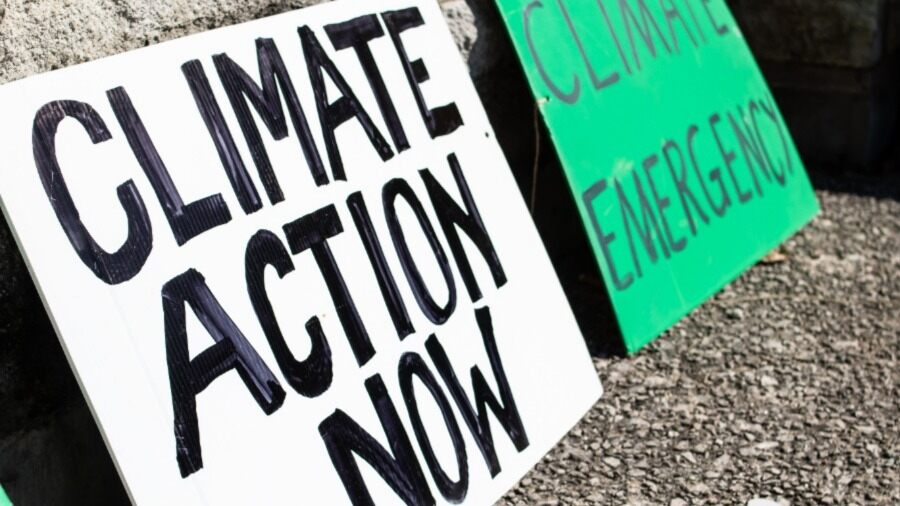Despite its extreme vulnerability to climate change, West Bengal remains one of the most poorly performing states in India when it comes to taking climate action, according to a report released by the Delhi-based environment advocacy organisation Centre for Science and Environment (CSE).
According to the report, West Bengal is now ranked 13th, along with Uttar Pradesh, with its score of 39 out of 100 in sustainable development.
The state has made only marginal improvement by moving ahead by two points from its previous sustainable development score (SDG) score last year.
“West Bengal is the worst-hit (state) with over 60 per cent of its shoreline under erosion. Thirty-six villages in the state have had significant erosion over the last four decades, ranging from around 40 metres to nearly 500 metres,” the CSE report says.
The reasons for coastal erosion include increase in the frequency of cyclones, sea level rise and anthropogenic activities such as construction of harbours, beach mining and building of dams.
“There is no question about the high vulnerability of West Bengal’s shoreline. We have made a suggestion to a high-power committee to use offshore submerged artificial reefs to protect them from erosion as has been done in Bangladesh and Mangalore, but apparently lack of funds came in the way,” pointed out Sugata Hazra, a climate expert and oceanographer from Jadavpur University.
Among the better performers, Kerala and Nagaland scored 69 each on the sustainability front. With a score of 77, the Andaman and Nicobar Islands is the standout performer.
In the global sustainability list, the report places India on the top rung of the ladder in terms of deaths and economic losses due to climate change.
“India’s performance on climate action has slipped between 2019 and 2020. The performance of 28 states/UTs remains poor in SDG-13,” it notes.
